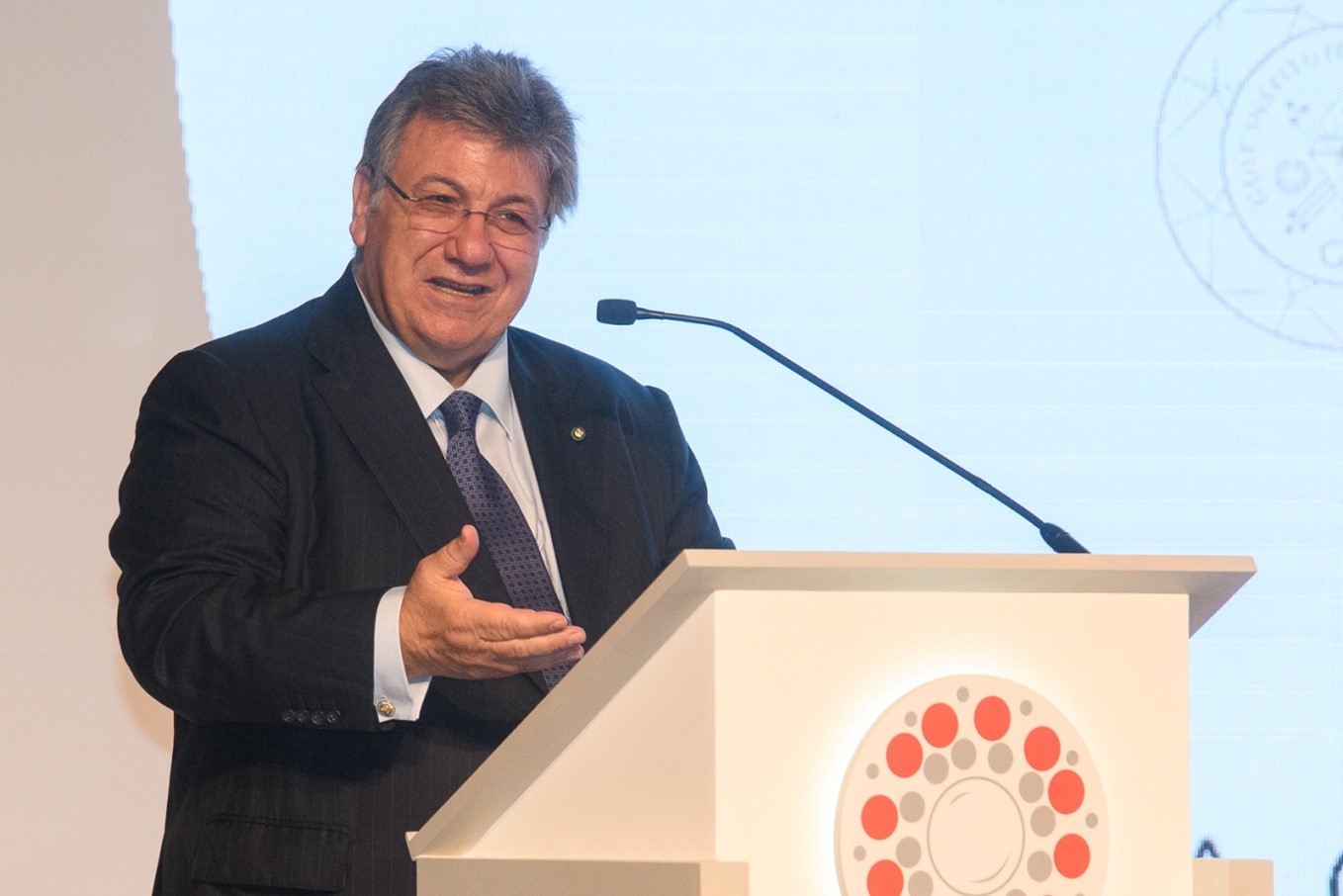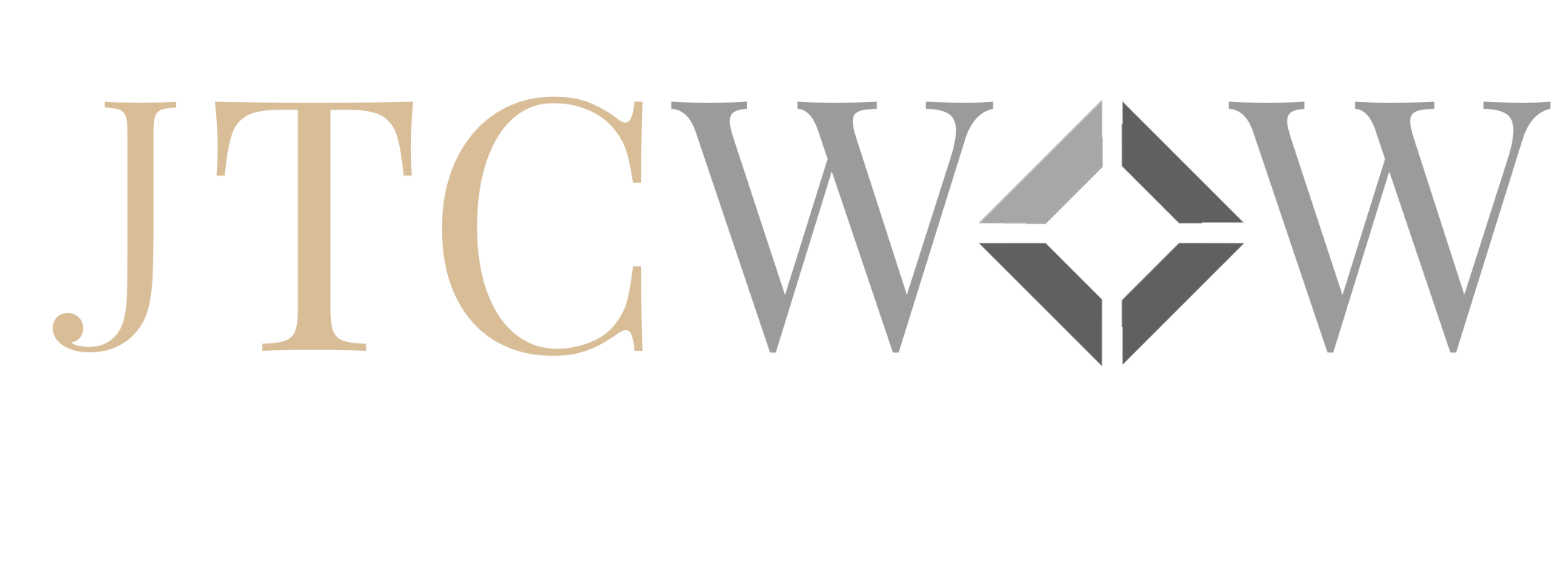- Empty cart.
- Continue Shopping
Bridge Over Troubled Water – an exclusive interview with Dr. Gaetano Cavalieri, CIBJO President by Julius Zheng

Uniting national jewellery and gemstone associations from more than 40 countries around the world, and including many of the industry’s major international corporations and international representative associations, CIBJO, the World Jewellery Confederation is the oldest international organization in jewellery sector, having originally been established in 1926. It covers the entire jewellery, gemstone and precious metals sectors vertically, from mine to marketplace, and horizontally within each of the component sectors in the various production, manufacturing and trading centres.
As one of the most prominent leaders in the international jewellery industry today, Dr. Gaetano Cavalieri has served for more than 20 years as president of CIBJO, and was responsible in July 2006 for the organization receiving “Special Consultative Status” with United Nations Economic and Social Council (ECOSOC), making it the first and only jewellery and gemstone representative to be officially recognized by the international body. Together with the United Nations, he established the World Jewellery Confederation Education Foundation (WJCEF), which is responsible for promoting Corporate Social Responsibility education in the international jewellery and gemstone industries.
In this exclusive interview, Dr. Cavalieri explained in more detail CIBJO’s vision and initiatives to lead and support the industry, especially under the conditions imposed by COVID-19.
CIBJO has described itself as the “United Nations of the jewellery business.” With its membership made up largely by national jewellery trade organizations from more than 40 countries around the world, how does CIBJO liaison with this member at country levels, and connects the business of these countries under the situation of Covid-19 pandemic?
GAETANO CAVALIERI: Clearly the pandemic made the task of running CIBJO, which is a global body involved in all sectors of the jewellery distribution chain, very challenging. The lockdowns and travel bans have been particularly difficult, forcing us to delay key events, and most importantly our annual CIBJO Congress that would have taken place in Dubai last November.
But like so many of our colleagues, we have adapted to the new normal, moving a great deal of what we do online, and coming to rely heavily on the use of video conferencing. Indeed, now that we are more than one year after the start of the crisis, it is fair to say that we have proven that social distancing does not equal a lack of social interaction. On the contrary, in many respects we are meeting more frequently face to face in a virtual capacity than we were doing physically before then.
The result is that CIBJO has had a more prominent profile in 2020 and now 2021 than at any time in our almost 100-year-old history. The webinar series, Jewellery Industry Voices, which we launched in April of last year and has brought together leaders and opinion makers from around the world, is watched regularly by thousands of industry professionals. We have taken part in many other virtual events, including a special session of the UN General Assembly last year
As the only organisation in the international diamond, gemstone and jewellery sectors ever to receive official consultative status with the Economic and Social Council (ECOSOC) of the United Nations, in which aspects has CIBJO been working with the United Nations?
CAVALIERI: Since we first became affiliated with the United Nations in 2006, when we were recognized as the industry’s sole representative in ECOSOC, we have run a variety of programmes, with a number of UN agencies.
With the support of ECOSOC, we set up the World Federation Education Foundation (WJCEF), which is the foundation overseeing our educational programme in the industry. That originally was planned in conjunction with the UN Development agency.
The same year we joined ECOSOC, we also became members of the UN Global Compact, and have since been involved in promoting it principles in the jewellery industry, including the UN’s Sustainable Development Goals and Agenda 2030.
We have had a close relationship with UNITAR, the United Nations Institute for Training and Research, running a programme together with it at the UN Pavilion in the Shanghai World Expo in 2010, and in 2011 creating a CSR Centre of Excellence in Antwerp, which operates to this very day.
We also have collaborated with UNICRI, the United Nations anti international crime unit, particularly in the areas of smuggling and terrorist financing, where precious metals and precious stones have been involved.
To address threats such as conflict diamonds and coloured gemstones, money laundering, questionable gemmological and assaying standards, fraudulent hallmarks, health and environment issues, and employment practices including child-labour, how does CIBJO act to uphold consumer confidence?
CAVALIERI: Our primary tool has been educational programmes, conducted worldwide, and also the production of books and booklets on a variety of subjects. An example is “PEOPLE: OUR GREATEST ASSET,” which was written by Jonathan Kendall, President of our Marketing and Education Commission and who today is also our Executive Vice President. It is a 60-page staff motivation and retention guide, geared especially for the jewellery industry.
In January 2019, we released the first Responsible Sourcing Blue Book, which defines a universally agreed-to set of recommended responsible sourcing principles, which can be applied by all members of the greater jewellery industry. It indicates the initial steps that can be taken at minimal expense and effort, and proposes a programme of continual improvement, which companies can apply at their own pace.
We are now launching an online Responsible Sourcing Toolkit, which will provide supporting documentation to help companies address the Responsible Sourcing Blue Book guidance. It is being made available to the industry at no cost.
CIBJO has held a series of webinars from 2020. Please introduce briefly your educational programs and their purposes. Will CIBJO continue to offer webinars and possible offline training programs when the international travel resumes in future?
CAVALIERI: I would note that we are already in the second season of Jewellery Industry Voices, and it will run through July of this year. A third season will begin in September. In addition to this, we are interested in doing live events, and actually have already done one at a hybrid live and online series of seminars that were in conjunction with the Italian Exhibition Group’s VOICES trade show in Vicenza, Italy, last September.
The decision to run the webinars was made because we felt it was important to create a forum that would discuss and address challenges being posed to the jewellery value chain by the COVID pandemic, both health-wise and economically. Each webinar takes the form of a panel discussion, featuring three or four panellists, addressing a specific topic.
We are now averaging about 200 live participants, and a further 380 people view the recorded webinar afterwards on the CIBJO YouTube channel, meaning that average view number per webinar is close to 500.
Since the webinars were launched, they have been viewed by more than 10,000 individuals, who are mainly industry members.
How has COVID-19 reshaped the global jewellery industry, in terms of mining, manufacturing, wholesale and retail? What fundamental changes have Covid-19 brought upon our livelihood?
CAVALIERI: I think it is still early to make predictions, but without doubt this crisis will have a profound effect on the way in which we live and do business.
Many have said, and I tend to agree, that COVID-19 did not so much initiate change, as it did accelerate processes that were already underway. The most obvious is a greater reliance on digital systems, be they used for marketing and communications, but also for payments and the immediate transfer of information and data. We have been kept physically apart, but in so many ways we are more connected than ever before.
I also think that COVID’s effect on the human consciousness is will be of immense importance. Any illusions that we may have had about being able to control the forces of nature should have been swept away when a natural phenomenon, such as a virus invisible to the eye, brought the entire world to a complete standstill. We need to stop and take notice, especially in terms of the unforeseen effects our actions may be having on the environment and public health.
Also related to human consciousness is the realization that we are all connected and that the actions of every one of us impacts on everyone else. We need to find solutions together, and in the jewellery sector that ultimately is CIBJO’s primary mission.
What is your outlook for the year of 2021 and 2022? What is the future role of CIBJO, considering that the pandemic might still cloud the jewellery trade in the next two years and there might be other problems that we might not foresee? How will CIBJO help the trade members and jewellery professionals to fortify (prepare) themselves against black swan. incidents?
CAVALIERI: I personally am confident about the prospects for the jewellery markets in 2021 and 2022, especially from the perspective that we did not suffer the collapse that so many had feared at the start of the crisis. We even may have benefited from the additional disposable income that high-income individuals were holding because other alternatives, like travel, were less relevant during this period.
But given the greater reliance on international digital communications and data transfer, which almost certainly will shape the future, the role played by CIBJO in creating harmonized trading and responsible sourcing systems for the industry, which are applied similarly across the globe, is more important than ever.
2020 and 2021 have proven to us that, if we have the flexibility to adapt with new technologies, it is possible to withstand most challenges. Our most important asset is knowledge and professional skills in a variety of disciplines. That is what we will promote and how we suggest that the industry be properly prepared for what will face it in the future.
About the author
Julius Zheng is a jewellery industry analyst and senior consultant to various important firms and institutes. He has developed various projects that connect China’s diamond, coloured gemstones and jewellery sectors with international markets, including organizing around 30 China Buyer Delegations, and has developed international gemological educational programs. Formerly General Manager of Rapaport China, he has over 20 years’ international working experience in the industry. He is also a member of Executive Board of Bangkok Diamonds and Precious Stones Exchange (WFDB affiliated).




